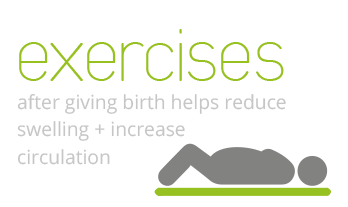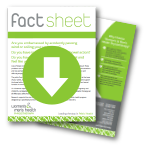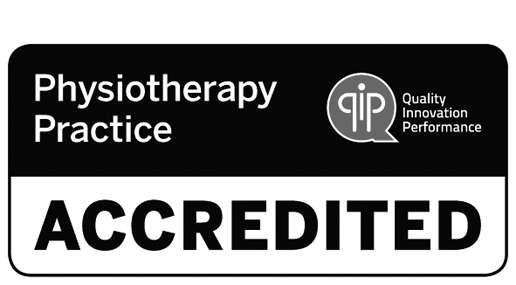Perineal Tear & Episiotomy
Is it painful to sit because of a perineal tear or episiotomy?
Are you experiencing bladder or bowel control problems?
Is sex painful or are you worried about resuming sex?
Perineal tears and episiotomy are common with vaginal birth and can contribute to pain, bladder and bowel control problems and sexual difficulties. These problems can have a huge impact on every aspect of your life including your ability to care for your baby, your social activities and your intimate life. You might find yourself in pain with simple activities like sitting, feeling embarrassed and avoiding social outings or unable to enjoy sexual intimacy as you previously did.
Many women experience a perineal tear or episiotomy in labour but pain and bladder and bowel problems after are not normal. Even if you don’t have any of these symptoms now you’re at increased risk of developing them as you age. You don’t have to live with it or suffer or silence. In most cases these problems can be cured or better managed. Physiotherapy can assist with a comfortable recovery and enable you to return to your normal level of activity with confidence.
Common Symptoms:
• Painful sex
• Perineal pain especially with sitting
• Bladder problems such as leaking urine when you cough, sneeze or exercise
• Leaking urine on the way to the toilet
• Difficulty controlling wind
• Rushing to the toilet for a bowel action
• Poor bowel control
Possible Causes Of Perineal Tear Or Episiotomy:
• Vaginal birth especially with forceps or vacuum
• Birthweight over 4kg
• First baby
• Baby position during second stage
• Epidural analgesia
How We Can Help:
Evidence shows that you can successfully treat these problems through a personalised pelvic health program designed and managed by a specifically trained Physiotherapist. At Women’s & Men’s Health Physiotherapy we specialise in providing a personalised pelvic health program exclusively for you.
What To Expect:
• A thorough assessment to establish your goals, pelvic floor requirements and treatment plan
• Design of a personalised pelvic floor muscle exercise program
• Progression of your program and application to daily activities
• Management of any soft tissue damage and scar tissue
• Touch desensitisation and / or manual therapy techniques to relieve the perineal pain
Did You Know













